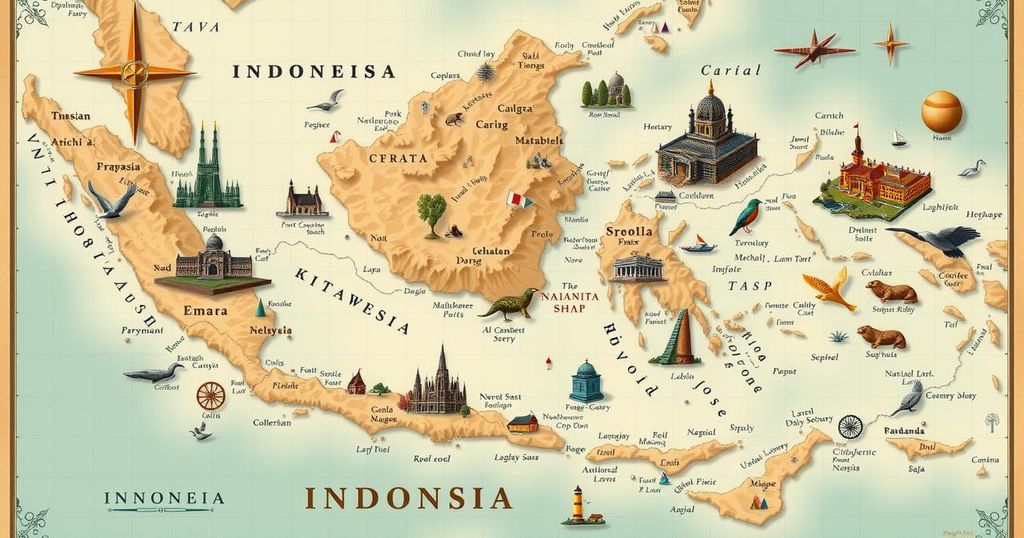The International People’s Tribunal on Indonesia’s 1965 crimes highlights the moral and political implications of the mass violence, revealing the complicity of various nations. Despite its non-binding nature, the tribunal’s findings challenge the notion that these acts were merely internal matters. The call for accountability reflects a crucial need for addressing historical injustices in Indonesia and beyond.
The International People’s Tribunal (IPT) on Indonesia’s mass violence is a significant moral and political initiative despite its lack of legal authority. On July 20, 2016, the tribunal’s conclusions regarding the 1965 Crimes Against Humanity in Indonesia were disseminated simultaneously across six global locations. Originally intended to be presented live in Jakarta, the event was relocated due to security concerns associated with the Indonesian military’s claims of reviving the Communist Party of Indonesia (PKI).
The IPT concluded that Indonesia was guilty of crimes against humanity, with between 400,000 to 600,000 individuals systematically killed. Victims included leaders, members, and supporters of the PKI and President Sukarno. Additionally, other violations such as slavery, enforced disappearances, sexual violence, and incitement to violence were identified. These acts are violations of international law and Indonesia’s domestic legal framework.
The tribunal’s findings underscore that Indonesia’s atrocities cannot be deemed merely internal issues, as these constitute genocide that necessitate global accountability and prevention. During the 1965 extermination campaign, the western world exhibited indifference, with many states reportedly observing and even facilitating the Indonesian military’s actions. Notably, the IPT’s judges revealed the complicity of the United States, the United Kingdom, and Australia in these mass killings.
Despite the absence of formal proceedings, the tribunal holds substantial moral weight, illustrating the global community’s responsibility to address genocide. The Indonesian government and implicated nations notably declined invitations to participate in discussions, marking a significant moral failing in international conduct. The IPT 1965 findings have sparked discourse within Indonesia, provoking responses from government officials, including calls for historical acknowledgment and justice for victims.
Minister Luhut Panjaitan’s subsequent initiatives demonstrate an evolving dialogue around past atrocities, yet some responses continue to provoke military backlash against perceived PKI revivals. The tribunal’s conclusions present an opportunity for Indonesia to confront its historical legacies, as attention shifts to whether the President will formally address these issues.
The International People’s Tribunal on Indonesia’s 1965 crimes stands as a powerful moral indictment of the atrocities committed during that time. Its findings highlight the urgent need for accountability and justice, not only for Indonesia but also for international actors complicit in the violence. As Indonesia navigates its historical narrative, the outcomes of this tribunal may catalyze an essential reckoning with the past and promote healing for affected communities.
Original Source: www.newmandala.org




